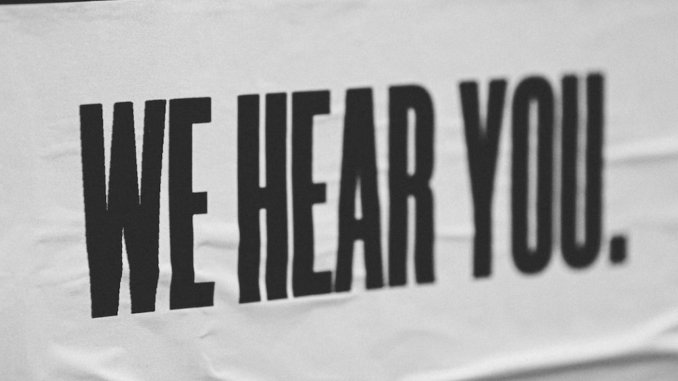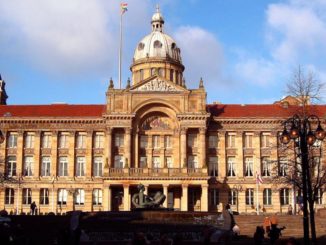
Introduction
Debt means many things. You can owe money, or it can be to help out in the future in thanks when next required, for a favour now. Either way you are beholden to someone else, and your life is not as free as before the debt was created – it can be to the point of servitude/slavery. This article deals with monetary debt and makes the case for the return of debtor prisons.
Necessary debt
For most of us there are two items that require us to get into debt.
The first is the purchase of a house, which normally means a mortgage, but is generally cheaper than renting if the intention is to stay in an area for a while. In an inflationary fiat environment it is even worth purchasing a house regardless of the value, as the value increases more than the costs of exchanging on a regular basis.
The second is a car. Outside of the large cities, a car may well be essential to increase your earnings and progress your career.
With a bit of willpower and a bit of effort to purchase used goods, there should be little requirement to borrow. A backed currency would make day-to-day borrowing a lot more difficult anyway as the resource would be scarce. People would soon adjust to the new paradigm, and buy more conservatively with a view to the long term, repairs could be more affordable in comparison – doing more for the environment than any government diktat. Goods, in fact, could have to be at times simpler to make them more affordable.
Debtor prisons
There are too many people that get away with not paying their debts. Many are companies, which people hide behind as directors, legally defrauding people, time and time again. Take them to court and all assets are hidden with partners, children even, and they successfully plead poverty.
I would suggest that debtor prisons would concentrate the minds of many directors before spending money on a hope all will be good in the end. Also it would be amazing how many people that plead poverty will find the money if it means loss of freedom. Also it would be a requirement to sell all assets, including the family home if ordered by a court to honour debts with immediate effect.
In debtor prison, a detainee would still be free to go out to work, but their wages would be paid to court. The court would then pay the prison for the rental of the cell and food.
A cheap phone could be allowed for if necessary for work.
If a car is required for work, then one could be provided and that would also be taken from wages. Likewise a laptop, which if they can work away from the office would be allowed (customised to only do the job required) in the cell during prearranged hours.
After expenses, any remaining monies would be used to pay off debts.
A detainee would be expected to maintain his own cell. After work the detainee is expected to return to his cell. A general area could be provided, and allowance to spend time with family on site too.
They would be free to go as soon as all debts are repaid. A lifetime inside is of course a possibility.
Not on your Own Two Feet!
A debtor in debtor prison is someone who has taken more out of society than provided, or can pay back without the intervention of others. It would be a source of shame – and quite rightly so.
Crying banks
The bank’s reaction to this would be that it is the end of the world, the economy would crash and we would miss out on so many successes due to lack of funds. In fact the most obvious winners would still get funding, it would be the also-rans that would struggle, and the chance of an Amstrad-sized success being snuffed out at the beginning is very small.
A hard currency would make borrowing more difficult anyway. People would have less option but to live within their means – in a strange way, long term we’d be doing them a favour. The benefits would be more than monetary, which form part of my final article as to why the OTF would be a big success for any country that adopted their policies.
I am sure it will take away a lot of power the banks have over governments too. Smaller, they will be easier to have fail if imprudent.
Policies
- As already stated in a previous article, a hard currency would do a lot of the job for us in giving a system in which getting into debt is more difficult.
- Debtor prisons for those that cannot repay their debts to others.
- Purchase of the world’s tiniest violin to play to banks.
Next up – Hedonism. Bad for you, but criminally so?: Part 13 – Legalisation
© Jerry Mandarin 2022


